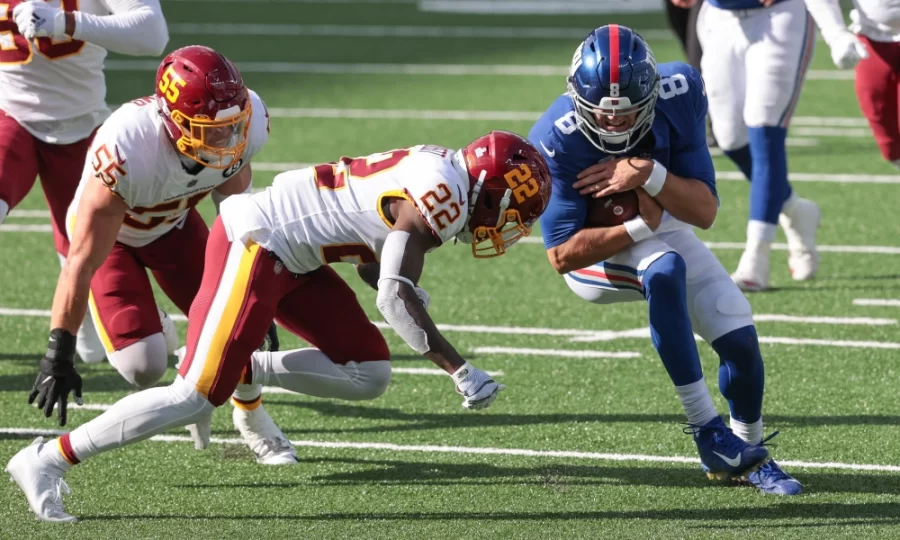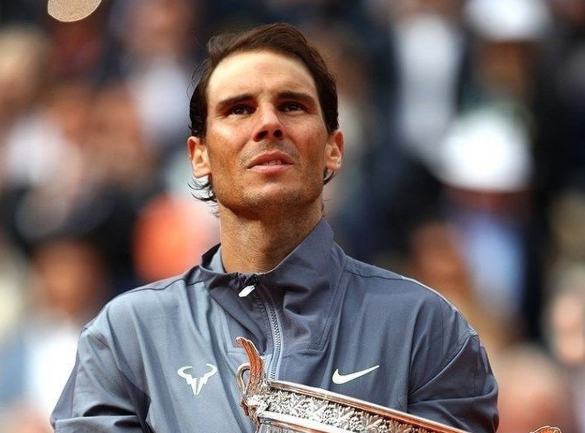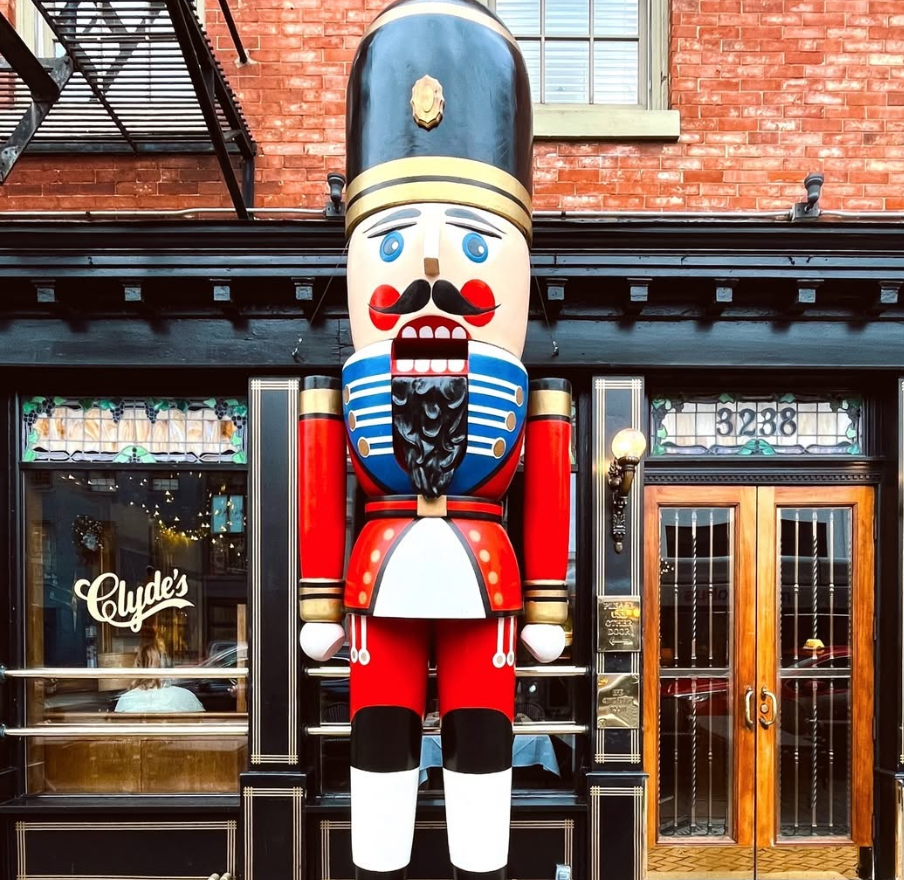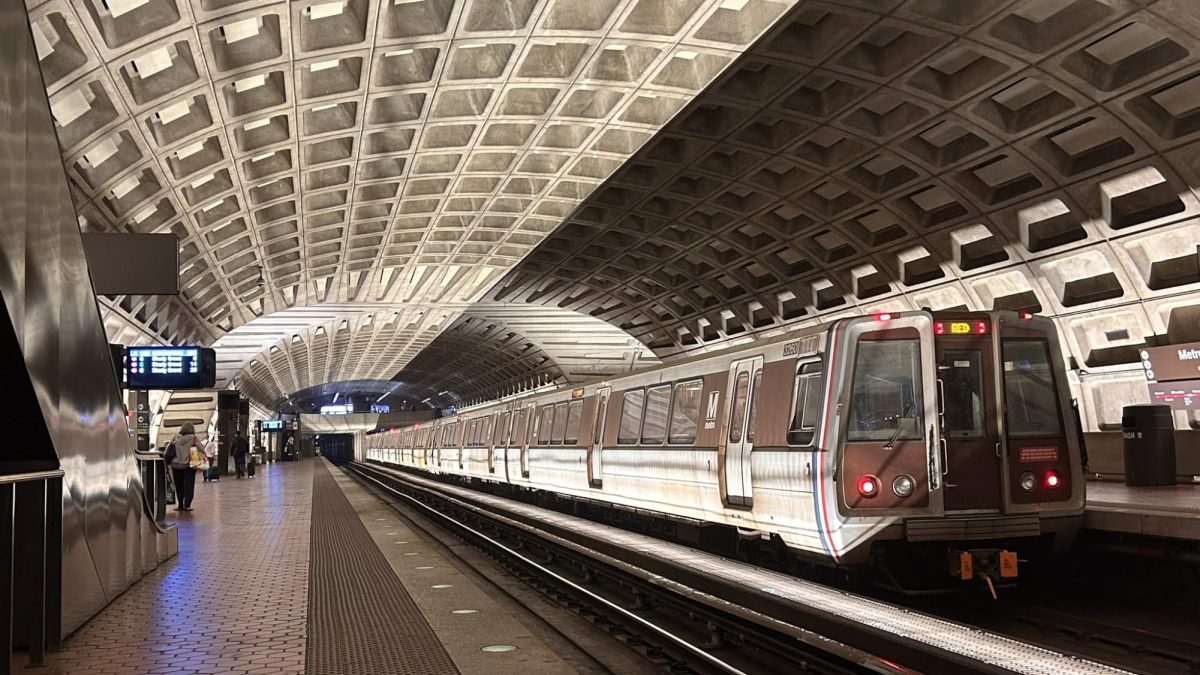ABC News Senior Foreign Affairs Correspondent Martha Raddatz has traveled to the Afghanistan and Pakistan region dozens of times and to Iraq more than 20 times.
She recently moderated the vice presidential debate between Vice President Joe Biden and Congressman Paul Ryan. The Black & White sat down with Raddatz and asked her about her experiences as a moderator.

The Black & White: How did it feel to be chosen, especially since you’re a working reporter, not a host or anchor?
Martha Raddatz: I was surprised by it for all the reasons you said [Laughs]. I wasn’t covering the campaign although I’ve done it in the past and covered the White House. They called me on August 19 and from that day forward I was doing preparation although I did take a trip to Iran in September.
B&W: There was heavy criticism of Jim Lehrer after the first presidential debate for failing to keep control of the candidates. Did hearing that make you more nervous?
MR: I think everyone has a different style. Jim Lehrer is amazing. He’s done it time and time and time and time again. I was certainly aware that the moderator might be under some scrutiny but I really tried to put that out of my thoughts — you really had to. I just approached it like I would a story. If I get frightened, I think of a wonderful family I know from covering war and the military. There is a young man, a triple amputee named Jay Raffetto and he and his wife and his parents are the most upbeat optimistic, charge-forward people. When I walked out on the stage that night I thought this is nothing compared to what they do every single day dealing with their challenges.
B&W: What was the atmosphere like at the roundtable?
MR: When I sat down and started asking questions, I sort of got this sense of what their strategy is — Biden is going to be very aggressive in this, I can see that. Paul Ryan isn’t going to be as aggressive as I thought he would be — he’s not going to pick fights with Biden. You can sense that right away and I just remember thinking half way through, okay this is going well and you lose yourself in it. They don’t tell you which person has talked more or less. I remember thinking in my head Vice President Biden is talking really loudly but it doesn’t mean he’s getting more time. I was balancing out his volume with his time in my head and I think we were just over a minute off.
B&W: After the Vice Presidential debate, some were critical of Biden’s facial expressions. Did you notice them?
MR: I thought he was probably a little intense for television but I have yet to watch the debate and I don’t think I will for a very long time. I don’t know why I just don’t want to. I’ve seen clips of it and I’ve seen a little bit of news coverage but I haven’t seen any coverage from that night and I haven’t seen the debate.
B&W: How did it feel to be portrayed on Saturday Night Live?
MR: It was fun and that was a surprise too [Laughs]. After such an exhausting week flipping on the TV and saying, “oh my gosh that’s supposed to be me.” It was hilarious.
B&W: After the debate there was a large consensus among the public and other news professionals that you won the debate. How did that make you feel?
MR: If I hadn’t been mentioned at all that would’ve been fine. I’m honored by people saying stuff like that because I like that they said it for journalistic reasons. It wasn’t, “oh we like you,” for any other reason than they thought I was fulfilling my role as a journalist, which is great. But, I think the American people in the end are the winner in all these debates because they get to see the candidates in ways that are concentrated and in depth and in a pressure situation, and thinking on their feet.
B&W: Have things changed for you since the debate? Do you feel like you’re more of a public figure?
MR: It’s an honor to have done this. It’s wonderful to be part of that history. The thing I have liked most about this is that a lot of young people and especially a lot of young women have come up to me and said how much they liked it.








